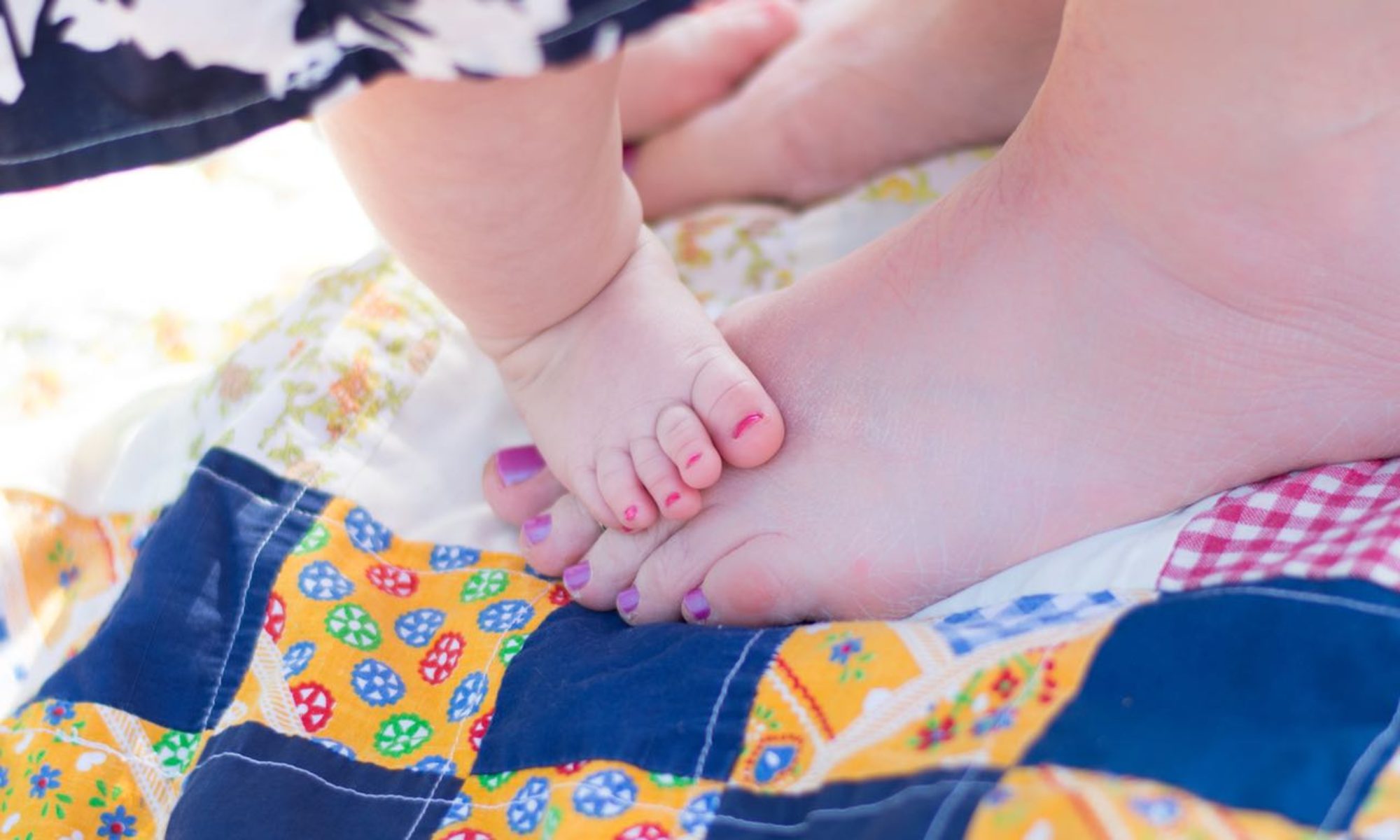When I met a good friend for breakfast, we shared chai in steel cups. In India, you have to pour it in little bowls to make it cool enough to drink. Then, it gets cold. It’s one, or the other. Piping hot or nearly-refrigerator cold. I prefer a burned tongue.
I should be comfortable with cold tea. I am from the Deep South. My parents don’t know what happened to me. I think I’m the first person ever in the history of my family who doesn’t like sweet, iced tea.
I actually didn’t like even hot tea until I moved to India.
But I’m civilized now. In South India, chai is more milk than tea, but it’s not as much about the taste as it is what it represents. Tea means I care enough about you to spend time with you.
And, everyone drinks it.
I’ve had tea in the slums. I’ve had tea in flimsy, difficult-to-hold, plastic cups that make think they’re going to melt. I’ve had tea in a market from a shop owner. I’ve had tea among prostitutes. I’ve had tea in small, clay cups that crush easily under your feet when you drop them. I’ve had tea with fellow Christians. I’ve had tea with Muslims. I’ve had tea with Hindus. I’ve had tea with a group of women in my home.
There may not be electricity or toilet paper or air conditioning, but in India, there was always chai. Sharing a cup of chai is like saying we’re sisters.
My friend and I met to drink tea, but also to talk about how our faith applies to marriage. It seems to me that marriage is hard no matter your culture or economic status. It reveals sin and reminds us of our need for a savior whether we hang our clothes on a line to dry or put it in the dryer, whether we use a dishwasher or hire a maid, whether we prepare all our food from scratch or buy cheese already shredded, whether we dodge cows and trash on our way home from work in an open-air rickshaw or drive a clean Honda CR-V that blocks out the world on open roads, whether we must avoid a man’s gaze or can comfortably side-hug a male friend.
So who’s up for a cup of chai?
